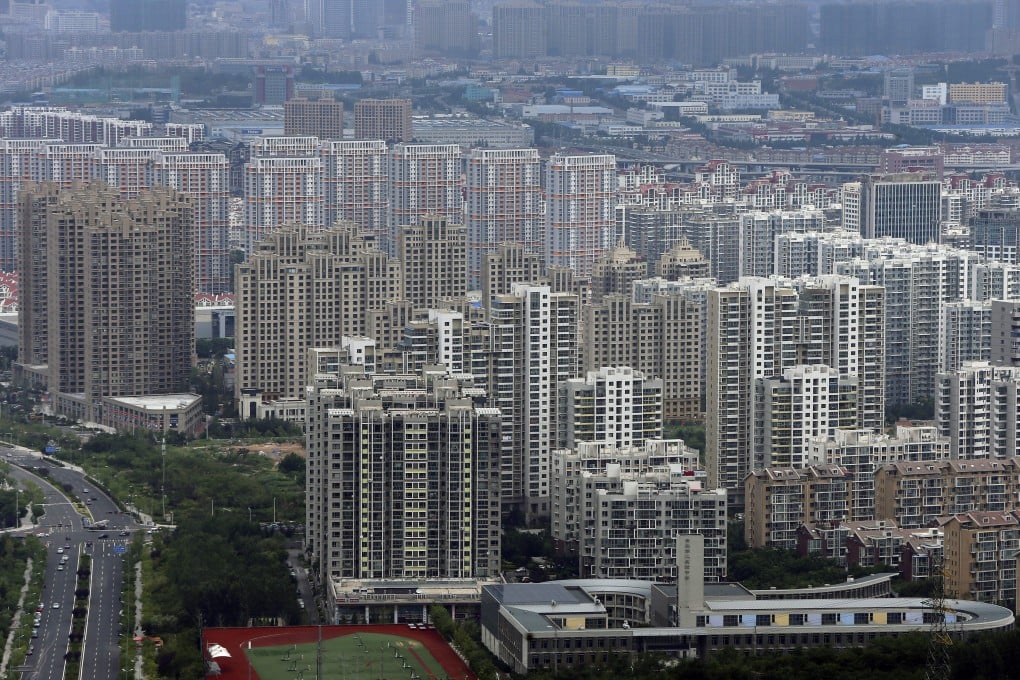Advertisement
Chinese cities Qingdao, Suzhou reinstate homebuying curbs a day after scrapping them, leaving market in limbo
- Restrictions on home purchases in some major second-tier cities were back in place just 24 hours after they were lifted
- ‘The U-turns were unexpected, and suggest policy changes on housing should still be in line with the tone from the central government,’ says analyst
Reading Time:3 minutes
Why you can trust SCMP
4

Restrictions on home purchases in some major second-tier cities were back in place just 24 hours after they were lifted, leaving the future of China’s bruised US$1.7 trillion housing market hanging in the air once more.
Qingdao, a large port city in northern Shandong province, scrapped all purchase restrictions on second-hand homes on Thursday. However, by Friday morning, in a revised version of its real estate policy posted on the WeChat account of the local housing authority, it had backtracked, removing a pledge that “lived-in homes will be traded without any caps”.
Suzhou in eastern Jiangsu Province announced on Thursday it would allow non-local residents to buy a first home in the city. By Friday, it had withdrawn the concession.
Advertisement
The dramatic relaxation of measures designed to cool property prices garnered a lot of reaction online and in news media. This, said analysts, in the absence of any explicit support from central government, may have prompted local authorities to quickly rethink.
“The U-turns were quite unexpected, and suggest that policy changes on housing currently still need to be very cautious and should still be in line with the tone from the central government, which is that a house is for living in, not for speculation,” said Yan Yujin, director of the Shanghai-based E-house China Research and Development Institute.
Advertisement
“Such large-scale loosening of policy may have been too public.”
Advertisement
Select Voice
Select Speed
1.00x